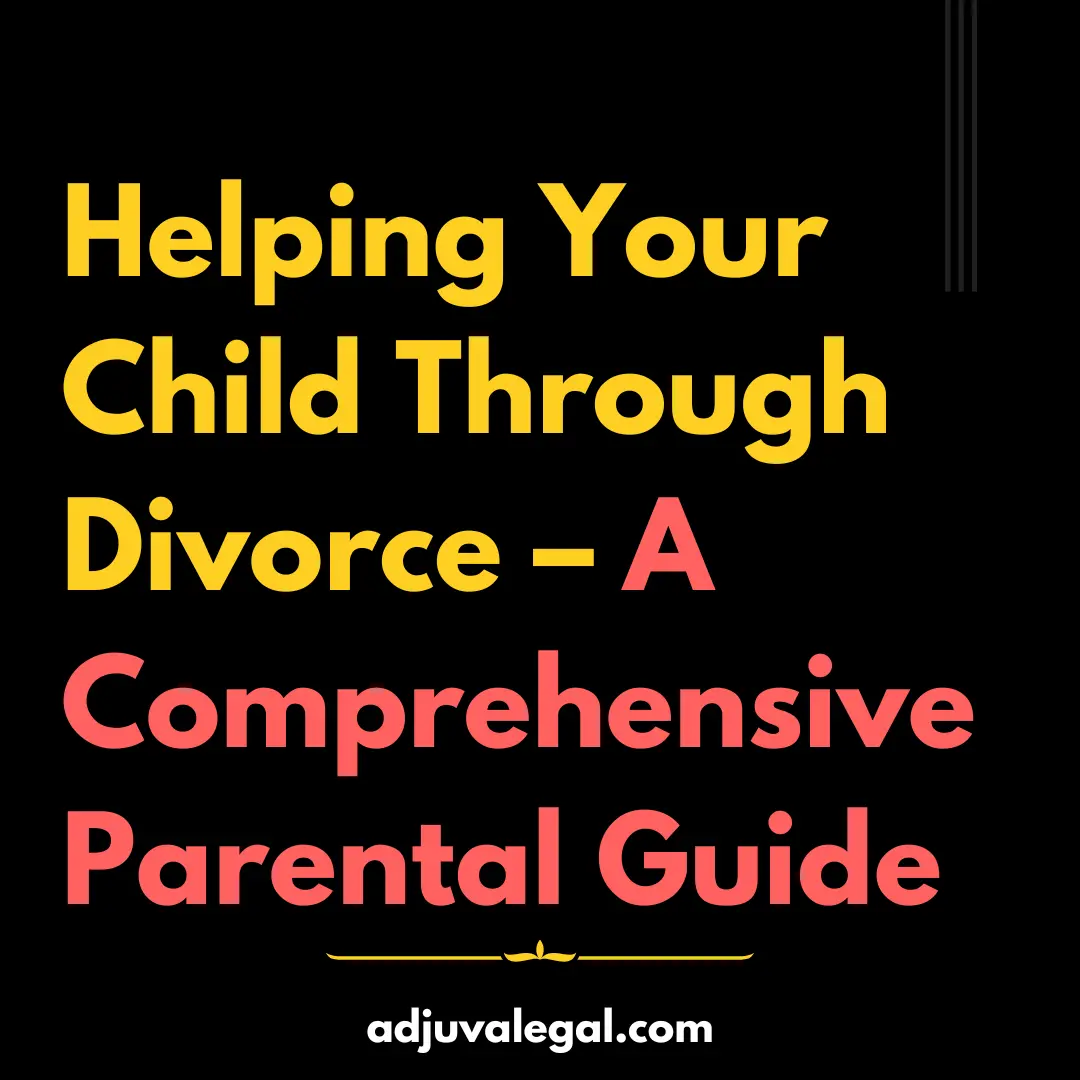Introduction
Whenever a marital bond undergoes unavoidable circumstances which do not allow to be
with the spouse in future, the person chooses to opt for divorce. Divorce is not a taboo now
and serves as a remedy to save one from several problems. Divorce is a matter of personal
law and can be taken under the statute of the law under which the marriage was solemnized.
What is Domestic Violence?
It is a commission of a violent act against a person in a domestic relationship. The act can be
committed by the spouse, relatives of the spouse or family of the victim. Spousal domestic
violence is penalized yet prevalent in India. The abuse can be physical, sexual, verbal or
monetary. To govern the domestic violence inflicted upon women the legislation enforced
Domestic Violence Act, 2005.
The Act does not focus on punishing the accused but providing compensation, protection,
monetary relief, residence etc., to the victim. It covers the violence that took place in a shared
household.
Kinds of Abuse
1. Physical Abuse: Any physical violence, assault or use of criminal force upon the
victim causing him any injury, pain, or danger to his life or limb.
2. Sexual Abuse: Any act of forceful non-censual sexual intercourse, pornography or
demands of oral sex affecting the dignity of a woman.
3. Verbal Abuse: Usage of any terminology hurting the sentiments of a woman or leading
her into mental agony or misery.
4. Financial Abuse: Any act by which the woman gets deprived of necessary financial
resources for her living.
Shared Household
Domestic Violence under this act will be considered an offence if it is done in the
shared household.
Section 2(s) of the D. V. Act, 2005 states that “A household where the person aggrieved
lives or at any stage has lived in a domestic relationship either singly or along with the
respondent and includes such a household whether owned or tenanted either jointly by
the aggrieved person and the respondent, or owned or tenanted by either of them in
respect of which either the aggrieved person or the respondent or both jointly or singly have any right, title, interest or equity and includes such a household which may belong to the joint family of which the respondent is a member, irrespective of whether the respondent or the aggrieved person has any right, title or interest in the shared household.”
Choosing Divorce as a Remedy
If any act of domestic violence has taken place in the shared household the victim must
approach the court for a decree of divorce so that the conduct does not get repeated, and
the victim is not bound to stay in a toxic environment affecting her mental and physical
health. Law has evolved in many folds and now getting alimony as a right and custody of
the child has become easier if one heir a reliable lawyer to defend her case.
There is no limitation period for filing a domestic violence case. The issue must be raised
before the court during the divorce proceedings as it is essential for getting relief
under the act to have a subsisting marriage. It is important to have a ‘Domestic
Relationship’ with the person.
What to Do During the Pendency of the Petition?
1. Do not stay in the shared household to protect yourself from any further acts of
violence.
2. Request the court to grant you custody of the child until the divorce proceedings are
pending so that the child’s safety is ensured.
3. Sometimes the violence happens because of the demand to give to a male child, making
sure that the female child is in a safe environment during the pendency of the
proceeding.
4. Any other verbal, emotional or physical abuse should be informed to the court that
happened during the pendency of the case to affect the case.
Conclusion
It is requisite to opt for the remedy of divorce if there is a persistence in the acts of
violence. Such acts leave an unerasable remark upon the child growing up in that
environment. One must choose a lawyer experienced in handling cases of family law.
The victim must state all the mishaps that happened to her during that marriage. All the
evidence, witness and other relevant materials must be shown to the lawyer.
by Khushi Shukla
Disclaimer: The opinions expressed within this article are the personal opinions of the author. The facts and opinions appearing in the article do not reflect the views of Adjuva Legal and Adjuva Legal does not assume any responsibility or liability for the same.








